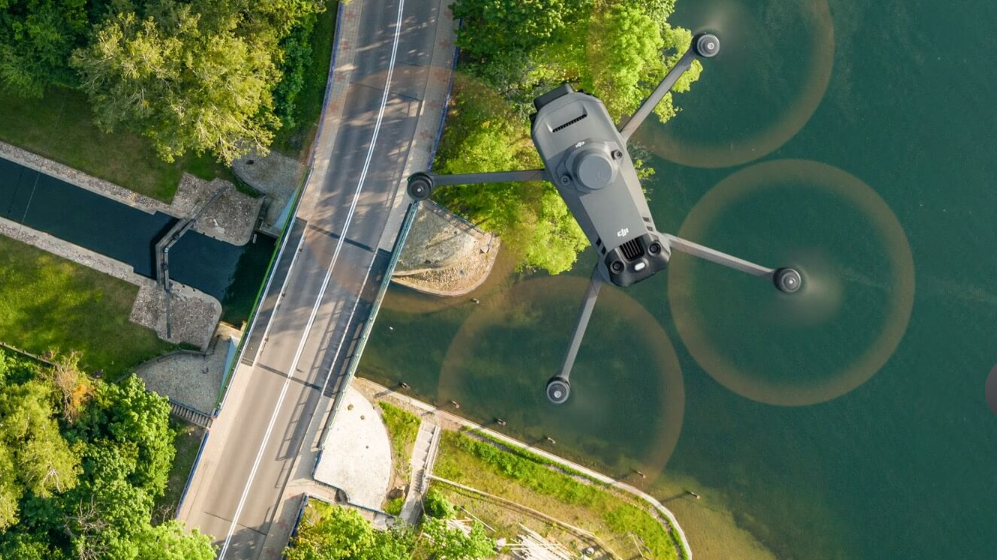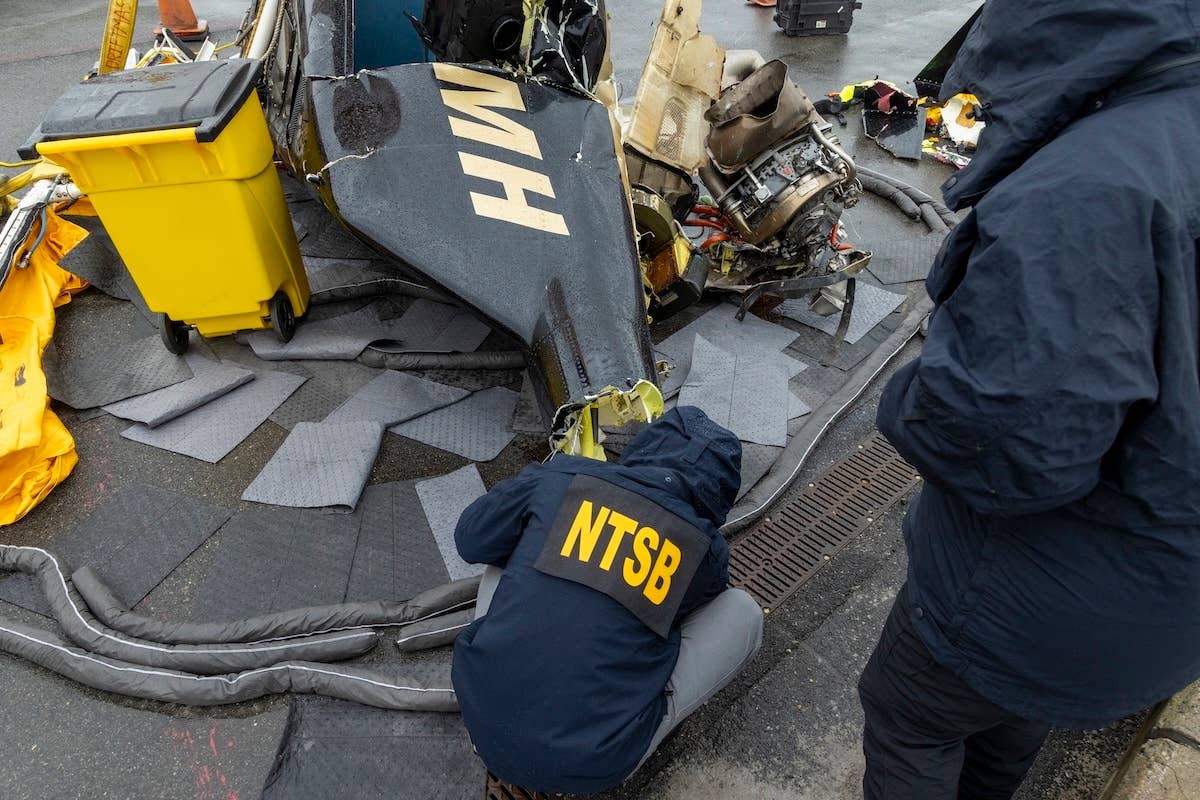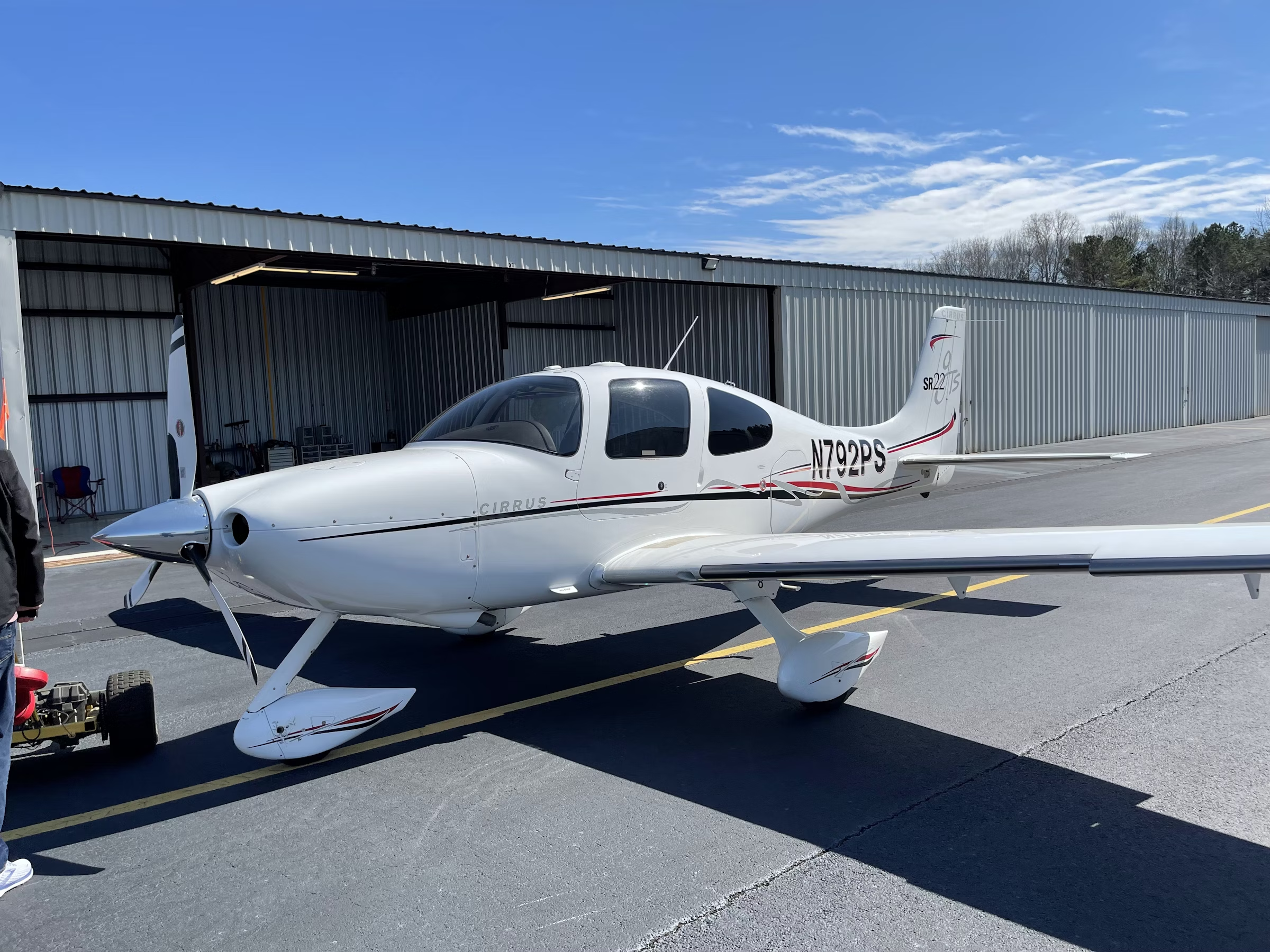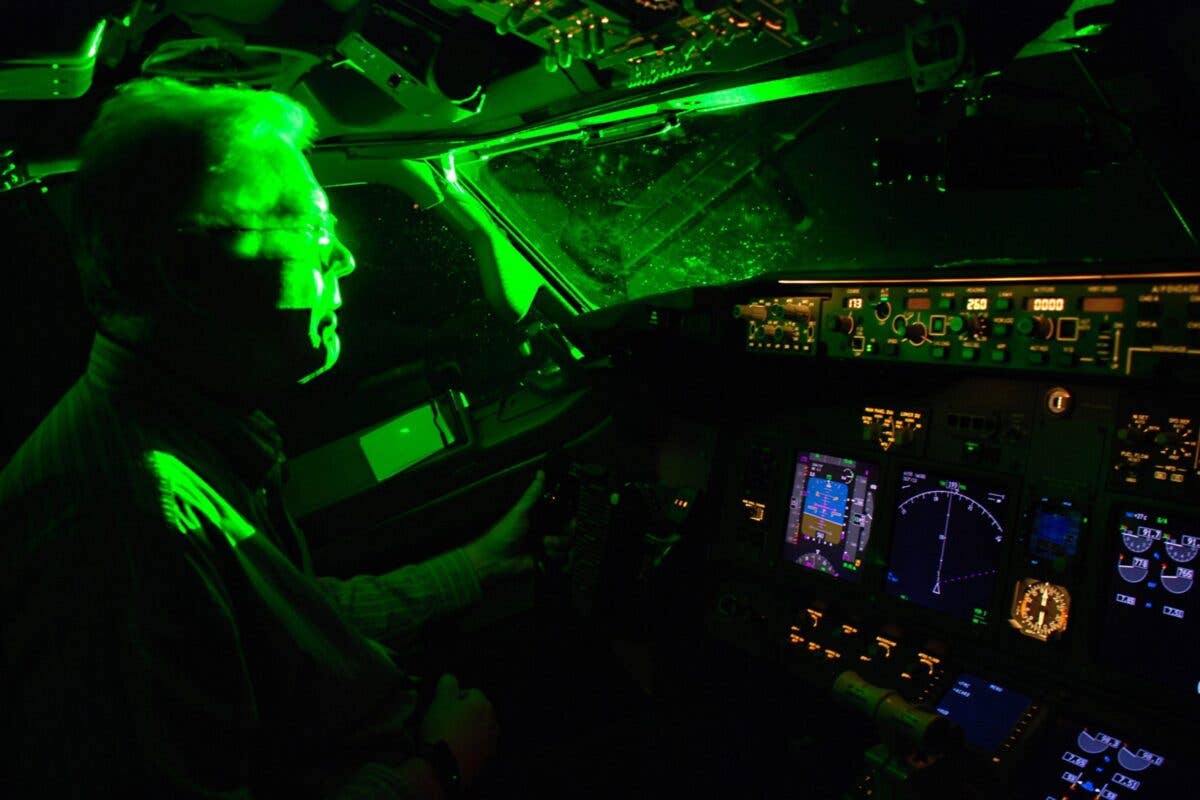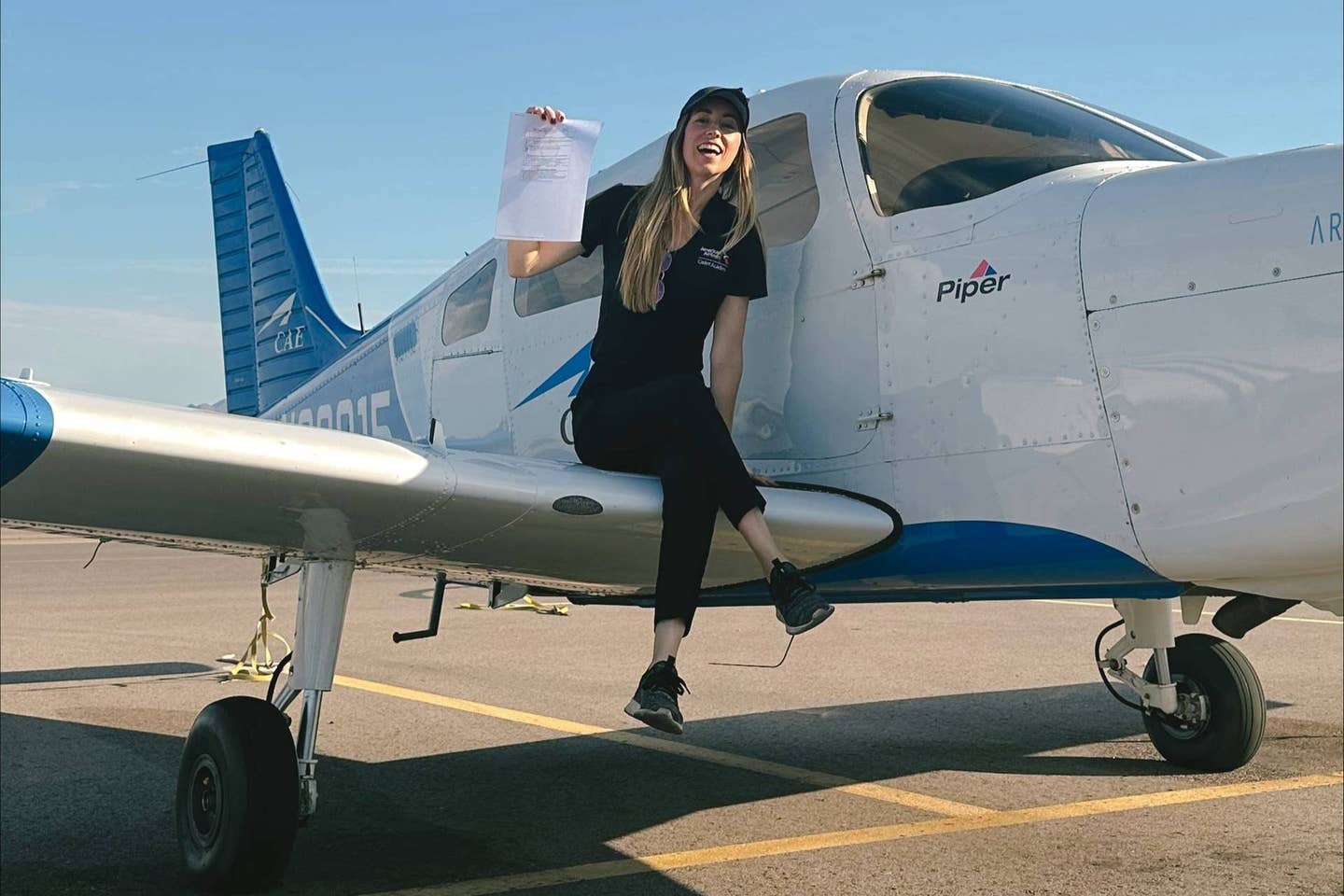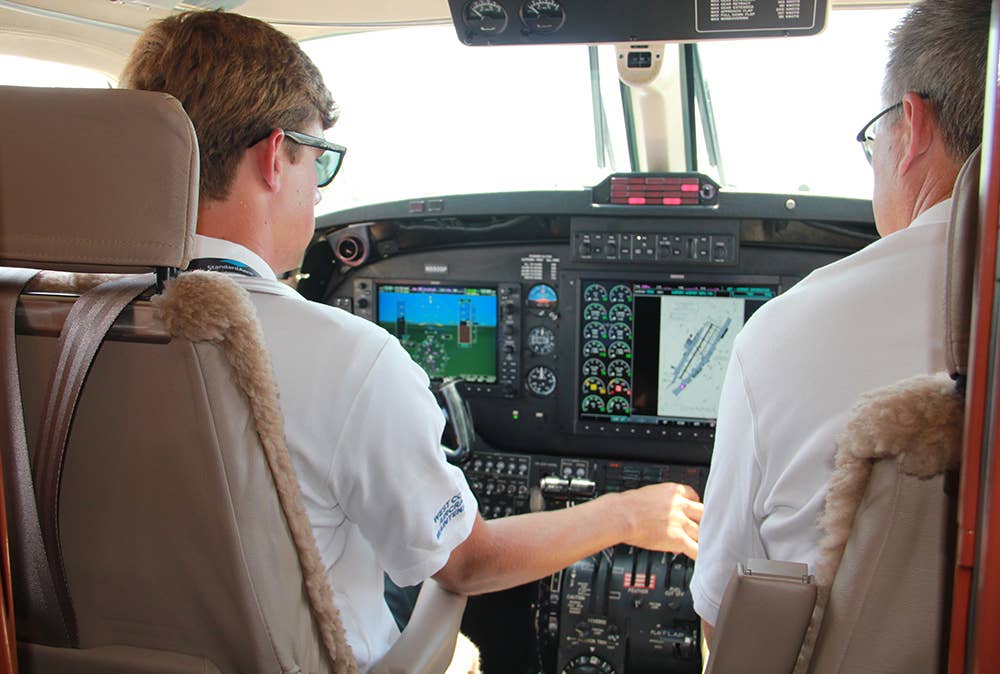Eve Air Mobility Partners with DHL on eVTOL Supply Chain Services
It may sound like DHL plans to deploy Eve’s aircraft, but the agreement will actually see the former support the latter’s operations.
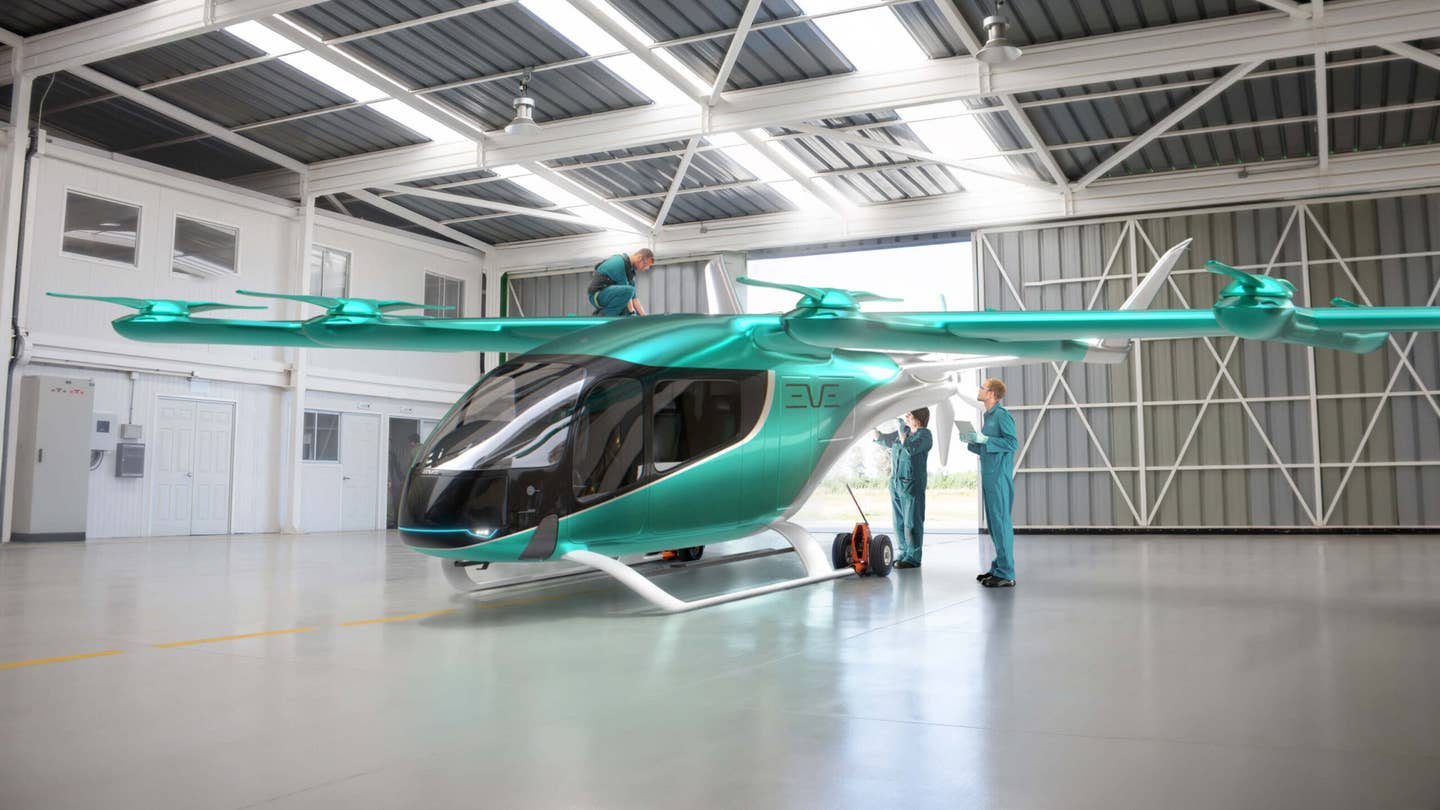
DHL will help Eve build out maintenance and repair services for its eVTOL. [Courtesy: Eve Air Mobility]
Electric vertical takeoff and landing (eVTOL) aircraft manufacturer Eve Air Mobility, a subsidiary of Embraer, is partnering with warehousing and distribution giant DHL Supply Chain. But while the logistics titan boasts a robust air cargo network, Eve’s aircraft will not be part of it.
Rather, Eve will leverage DHL’s expertise to revamp its own supply chain as part of an agreement to design a concept for “eVTOL support” services. The two signed a memorandum of understanding to study the demands and supply chain characteristics of Eve’s operations, including the delivery of batteries, spare parts, and supplies, and the disposal of used materials.
Eve is calling in the big guns here. With DHL’s massive collection of warehousing and distribution locations, transportation assets, and treasure trove of logistical insights, the eVTOL maker hopes to plot its future operations with best practices for supplying operators and service centers—particularly when it comes to the lithium-ion batteries that power its aircraft.
“DHL’s expertise in this field in the aeronautical market and dozens of other industries, coupled with the innovation mindset of both companies, will be vital to ensure the safe and agile operation of eVTOLs,” said Luiz Mauad, vice president of services and operations solutions at Eve. “In addition to offering high-performance logistics, our premise is to reduce the environmental impact of the supply chain in line with our purpose of offering more sustainable products and services.”
The joint study will review modes of transport, delivery frequency, potential sites for staging advanced inventory, infrastructure requirements, and the required logistics partners for Eve’s service. That includes the distribution of parts and materials needed for maintenance and repairs, as well as supply chain management for vertiport resupply.
Given the importance of battery availability to eVTOL operations, that piece of Eve’s supply chain is expected to get the most love. With this in mind, DHL—which handles batteries for customers across several industries—would appear to be an ideal fit.
“Initiatives like this are part of our ESG mission, and we are contributing all our knowledge and experience to make this another great successful project developed by the Brazilian aerospace industry, with benefits for major cities around the world,” said Mauricio Almeida, vice president of the automotive, technology, and consumer sectors at DHL Supply Chain.
Like other eVTOL companies, Eve, which is targeting entry into service in 2026, will need a strong supply chain backbone to keep its aircraft and operations humming.
In the São Paulo-based firm’s case, picking a partner with a global footprint such as DHL should serve it well. Eve currently has a backlog of some 2,850 orders for its aircraft, which it asserts is the largest in the industry—and according to SMG Consulting, the claim holds weight.
Already, Eve has agreements to fly in Brazil, Latin America, France, Scandinavia, India, Kenya, Dubai, Australia, and the Asia-Pacific region. It’s also looking to launch in San Francisco with investor United and in South Florida with partner Blade Air Mobility. Each region will require its own pipeline for parts and services.
Eve’s Outlook
Eve’s four-passenger eVTOL will at first be flown by a pilot, but the hope is to one day switch to a self-flying design that could carry six travelers. The aircraft is powered by eight vertical lift rotors—which do not tilt or rotate during flight, unlike rivals Joby Aviation and Archer Aviation—and fixed wings for cruise. It’s expected to have a 60 sm (52 nm) range.
The company claims the design will produce 90 percent less noise than equivalent helicopters as well as 90 percent fewer carbon dioxide emissions compared to cars.
The eVTOL will rely on the firm’s proprietary Urban Air Traffic Management (ATM) software to integrate operations into low-level airspace. An initial prototype was completed in May, and the firm already has several agreements in place to integrate the system into vertiports.
In addition to the DHL partnership, Eve has a collaboration with Porsche Consulting to develop a global eVTOL manufacturing, supply chain, and logistics macro strategy. So far, the two have studied advanced manufacturing and industrialization concepts.
According to SMG Consulting’s most recent Advanced Air Mobility (AAM) Reality Index, which ranks AAM companies based on their progress toward mass-producing and delivering a certified aircraft, Eve sits somewhere in the middle of the industry. It ranked ninth, ahead of competitors Lilium and Vertical Aerospace but trailing the likes of Joby, Archer, Volocopter, and Boeing subsidiary Wisk Aero.
However, all of those companies (with the exception of Vertical) plan to enter service sooner and have stronger cash positions than Eve. The company’s greatest strength is instead its massive backlog of orders. According to SMG, it has nearly double the orders of the next-highest AAM company (Vertical) and dwarfs most competitors.
Like this story? We think you'll also like the Future of FLYING newsletter sent every Thursday afternoon. Sign up now.

Sign-up for newsletters & special offers!
Get the latest FLYING stories & special offers delivered directly to your inbox

